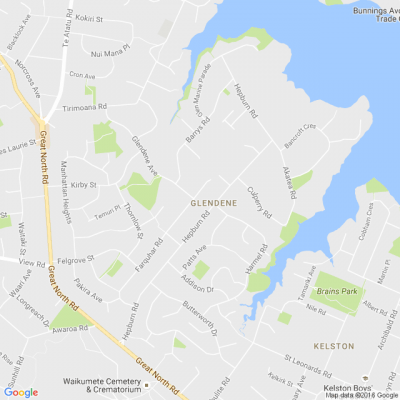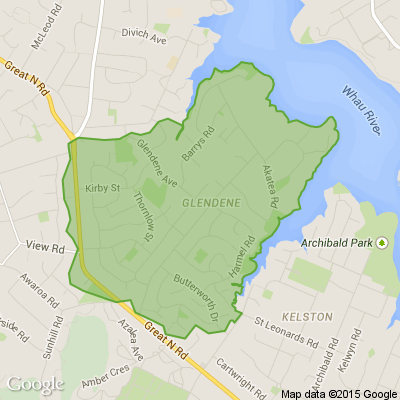Government unveils new work visa rules including reinstating ability for lower-paid workers to bring in families
Up to 30,000 businesses across the country will benefit from new changes to the Government's temporary work visa process programme, Immigration Minister Iain Lees-Galloway says. Changes, which will start coming into effect in 2020, include reinstating the ability for lower-paid workers to bring their families to New Zealand and the introduction of a new employer-led visa framework which will make the application process easier. It also increases the expectation on employers to employ and train more New Zealanders and will reduce the exploitation of temporary foreign workers. Lees-Galloway said the changes would assist between 25,000-30,000 businesses to fill shortages. "The new visa system will require all employers to be accredited and will give employers more certainty about their ability to hire a foreign worker earlier in the application process. "It will also provide the foreign worker with more assurance about the employer they are coming to work for and the job they are coming to do." The new rules follow almost 1000 submissions on the proposed changes to employer-assisted temporary work visa settings, earlier this year. The changes mean there will only be one type of employer-assisted temporary work visa, the Temporary Work Visa, which foreign workers can apply for. It replaces the six work visa categories currently in place, including the Long Term Skills Shortage visa, and the Talent Work to Residence visa.
The new system would be more streamlined, removing much of the complexity. "Together, these changes represent a significant shift in the way our temporary work visa system operates," Lees-Galloway said.
He added that it would make the process of hiring a foreign worker easier and more straightforward. "It will also provide more certainty for employers due to upfront checks, while also increasing expectations on employers to train and employ more New Zealanders." The new visa system will require all employers to be accredited and will give employers more certainty about their ability to hire a foreign worker earlier in the application process.
Lees-Galloway said this would help regional businesses find workers, while also ensuring that New Zealanders receive training to fill gaps in the labour market. "It will also provide the foreign worker with more assurance about the employer they are coming to work for and the job they are coming to do."
What are the changes?
===================
-Replacing six current employer-assisted work visa categories with one new visa called the Temporary Work Visa
-Introducing a new employer-led visa application process that will involve three stages: the employer check; the job check; and the worker check
-Linking visa conditions directly to pay by replacing existing skill bands with a simple remuneration threshold aligned to the median wage
-For higher-paid jobs, replacing the current set of skills shortage lists with lists for cities and open access for regions
-Strengthening the labour market test for lower-paid jobs and removing it altogether for highly-paid jobs in rural regions
-Increasing the remuneration threshold for the Work to Residence – Talent (Accredited Employer) visa category, as a transitional measure until this visa is closed
-Reinstating the ability for lower-paid workers to bring their families to New Zealand
-Introducing sector agreements to support facilitated access to foreign workers in exchange for progress towards longer-term labour market improvements that place more New Zealanders into jobs in the sector and reduce the sector's reliance on temporary foreign workers.
==========================================================
Out with the Old, In with the Confusing!
I have hands but can’t clap.
What am I?
Do you think you know the answer to our daily riddle? Don't spoil it for your neighbours! Simply 'Like' this post and we'll post the answer in the comments below at 2pm.
Want to stop seeing riddles in your newsfeed?
Head here and hover on the Following button on the top right of the page (and it will show Unfollow) and then click it. If it is giving you the option to Follow, then you've successfully unfollowed the Riddles page.

Share your summer photos! 📷
Taken some beautiful snaps lately? Whether it's rainbows, sunsets or a beautiful summer's day, we'd love you to share the joy with us.
Share a photo in the comments below









 Loading…
Loading…





